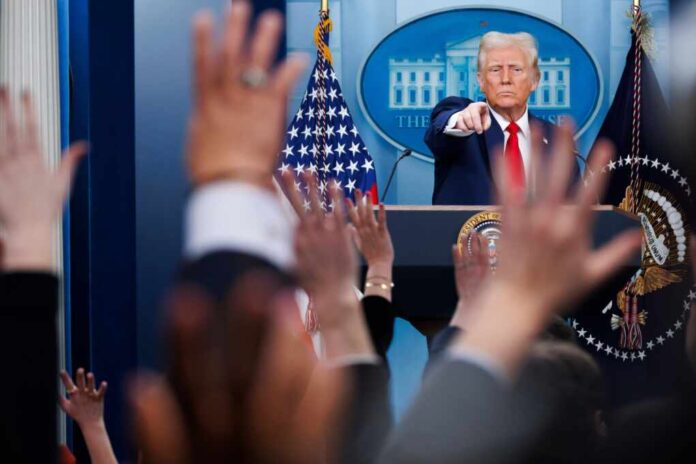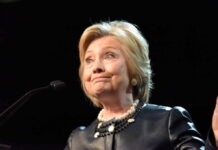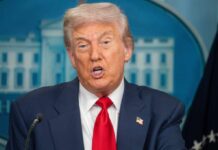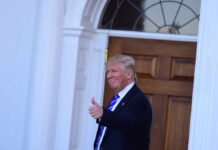
Trump’s recent actions have sparked debates on the U.S.’s shifting policy towards the Russia-Ukraine conflict, raising questions about constitutional values and global alliances.
Story Overview
- Trump imposes new sanctions on Russia and its allies, targeting India.
- A shift in U.S. policy away from supporting Ukraine’s pre-2014 borders.
- European leaders are urged to take more responsibility for Ukraine’s security.
- Uncertainty looms over direct negotiations between Russia and Ukraine.
Trump’s Transactional Diplomacy
Since taking office in January 2025, President Donald Trump has aggressively pursued a peace agreement between Russia and Ukraine. On January 22, Trump announced potential sanctions and tariffs against Russia if a peace deal wasn’t reached. By August 2025, he extended these measures to include a 25% tariff on Indian goods due to their energy purchases from Russia. This approach reflects Trump’s willingness to use economic leverage to influence international relations.
This tactic has unsettled several global trading partners but is seen by some as a necessary step to curb Russia’s influence. Trump’s policies mark a departure from supporting Ukraine’s territorial claims to pre-2014 borders and NATO membership, signaling a pragmatic shift aimed at expediting negotiations.
Watch: Trump frustrated no Western allies will gather with him against Russia
Europe’s Increased Responsibility
Trump’s strategy places a heavier burden on European countries to ensure Ukraine’s security. By signaling a reduced U.S. military commitment, he implicitly pressures European nations to step up their defense capabilities and financial aid. This move could potentially strengthen European defense systems, though it also risks weakening Western unity if U.S. and European policies diverge on Ukraine.
Despite the pressure, no direct talks have occurred between Russian President Vladimir Putin and Ukrainian President Volodymyr Zelenskyy. The U.S. continues to apply economic pressure, yet Trump acknowledges both sides are “not ready yet” for peace talks to advance.
Implications and Future Prospects
The long-term implications of Trump’s policies could alter the global power dynamics, particularly if the U.S. continues to reduce its involvement in the conflict. This might lead to a frozen conflict or an unfavorable settlement for Ukraine, with significant consequences for global trade, energy markets, and regional security. In the short term, the economic pressure on Russia and its trading partners is likely to increase, straining relations, particularly with India.
Analysts express concerns that deprioritizing Ukraine’s NATO membership could embolden Russia, while others argue that Europe’s increased responsibility might enhance its defense capabilities in the long run. The situation remains fluid, with Trump’s administration maintaining a firm stance on using economic pressure as a tool for diplomacy.
Sources:
Wikipedia: Peace negotiations in the Russian invasion of Ukraine
ABC News: Russia issues warning as European leaders, Zelenskyy gather in Paris
Military Times: Trump’s 2-week deadline for Russia to start peace talks comes and goes
CBS News: Trump commits to pursuing Russia-Ukraine peace deal

























